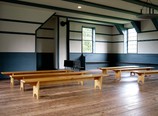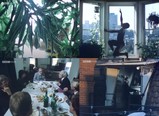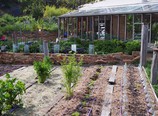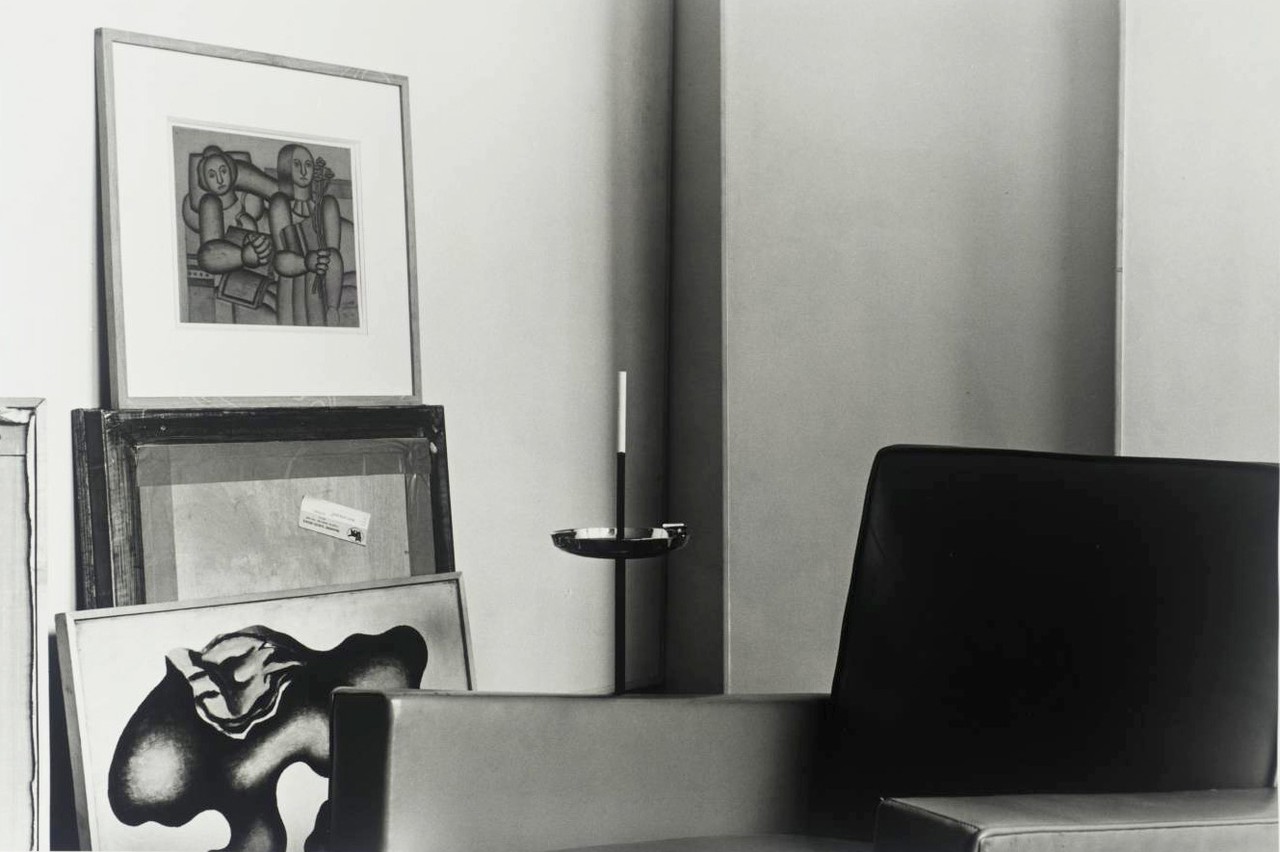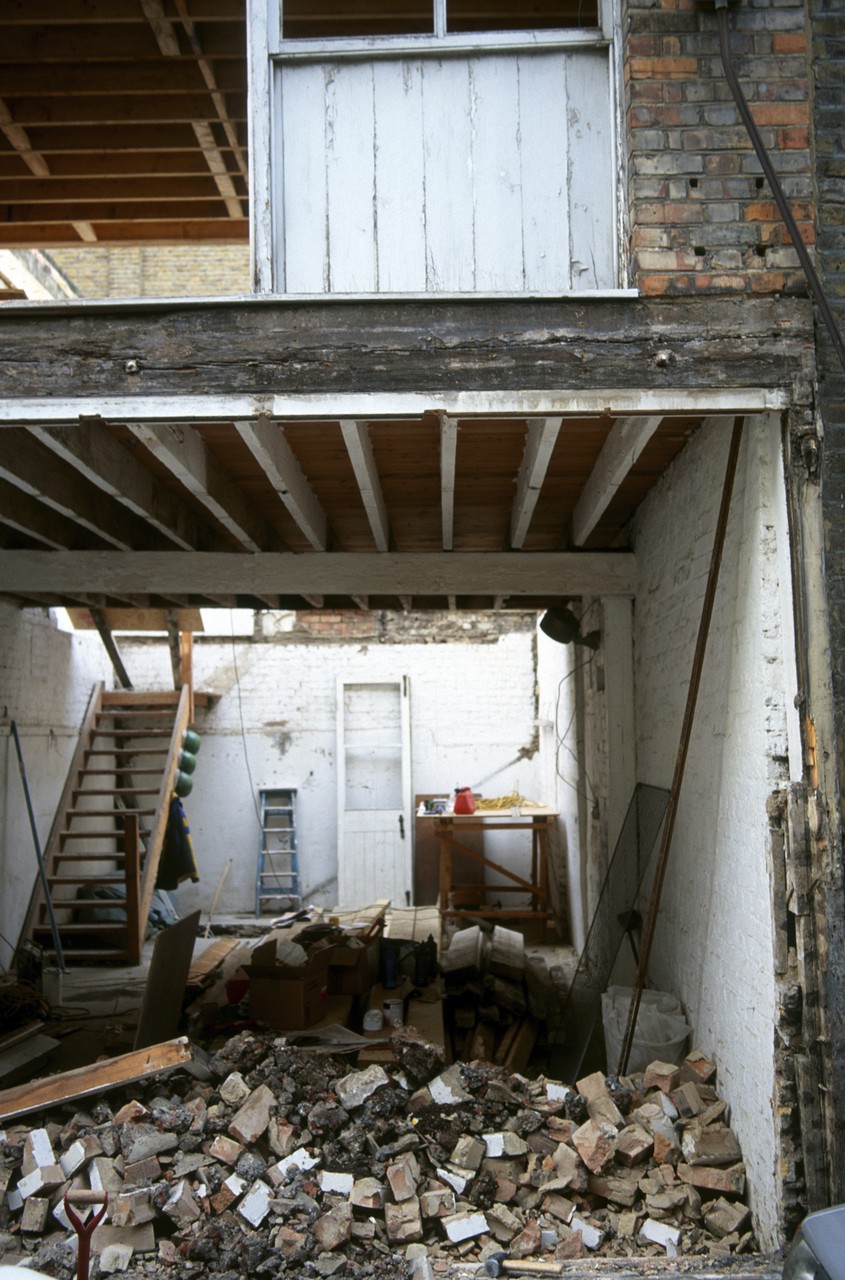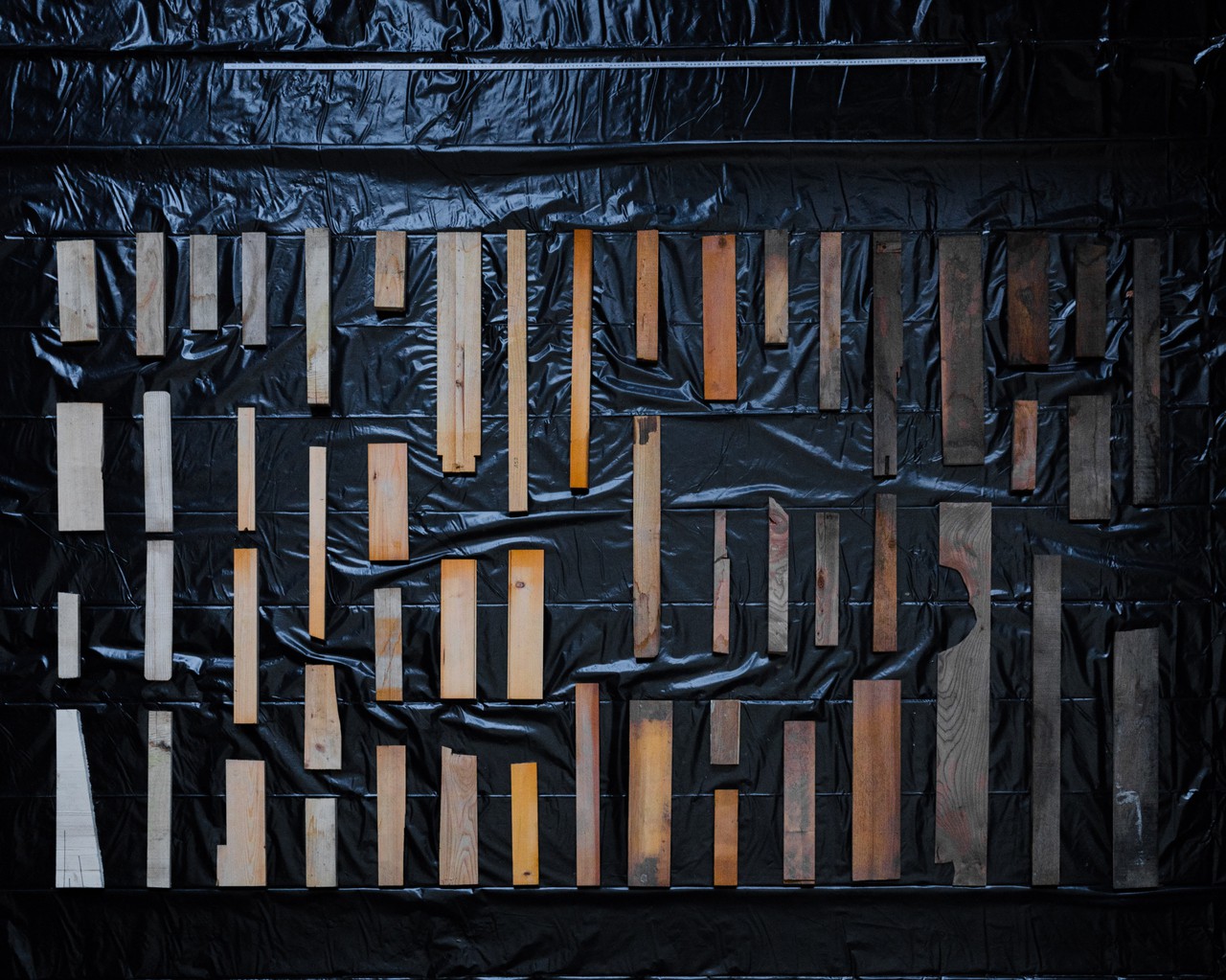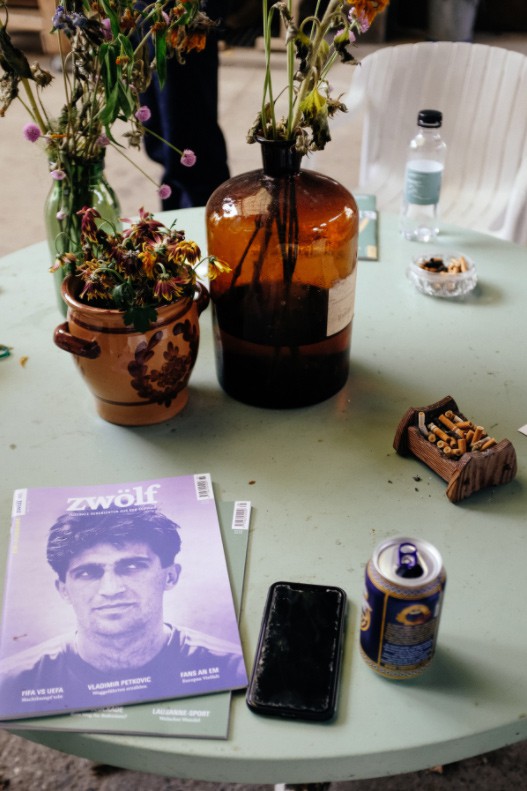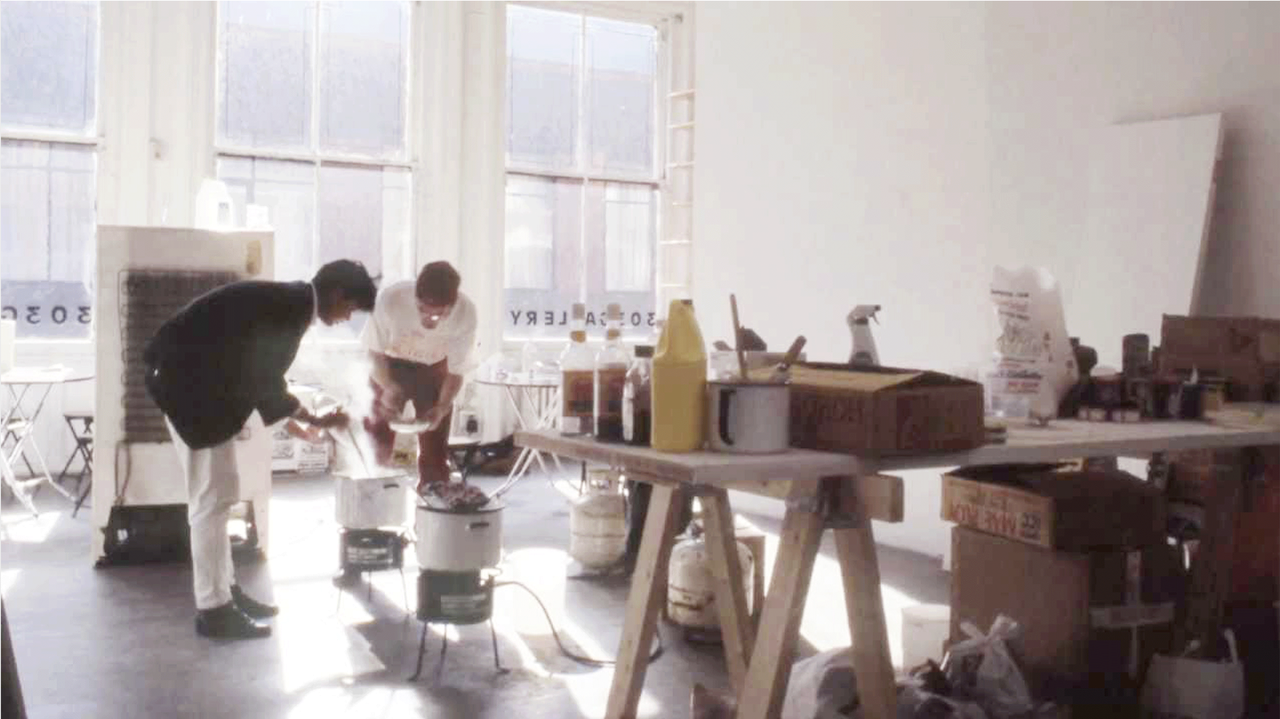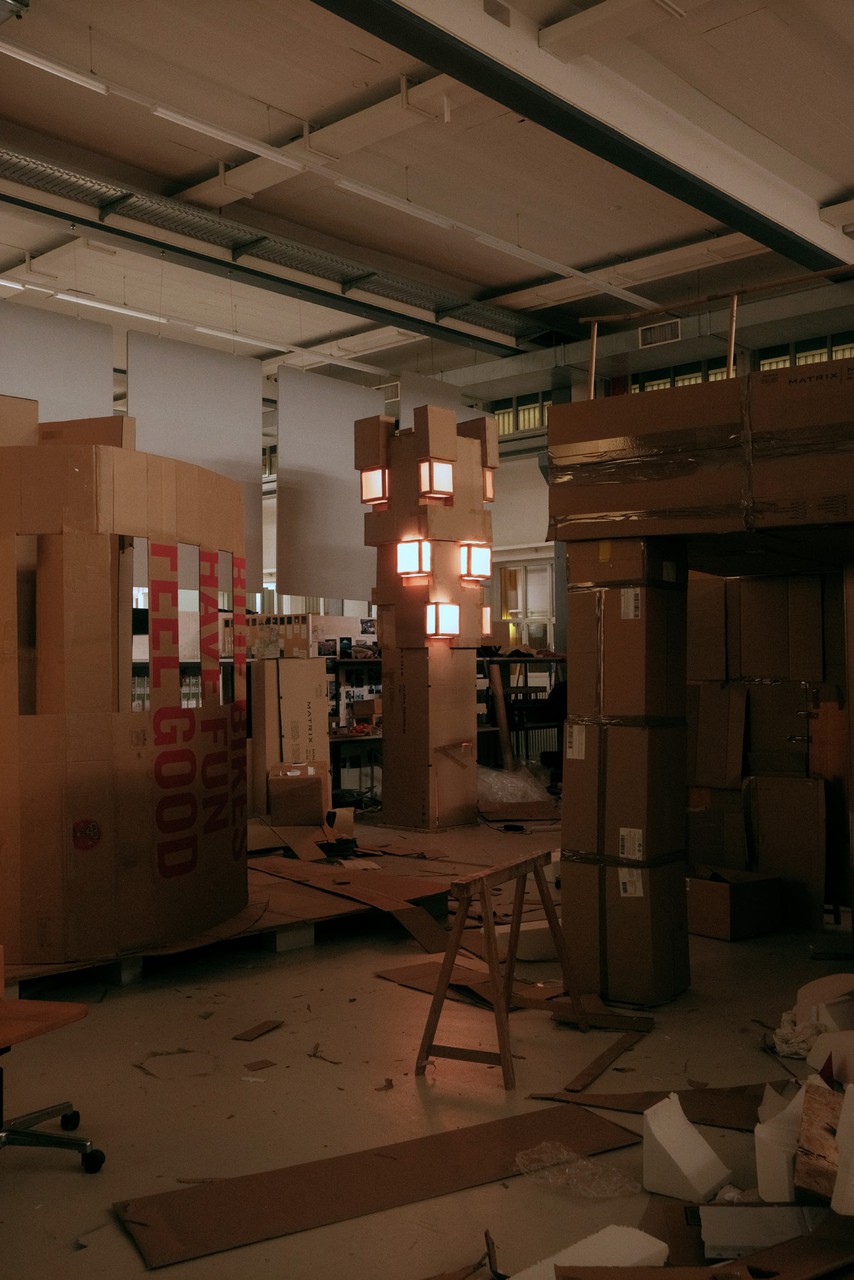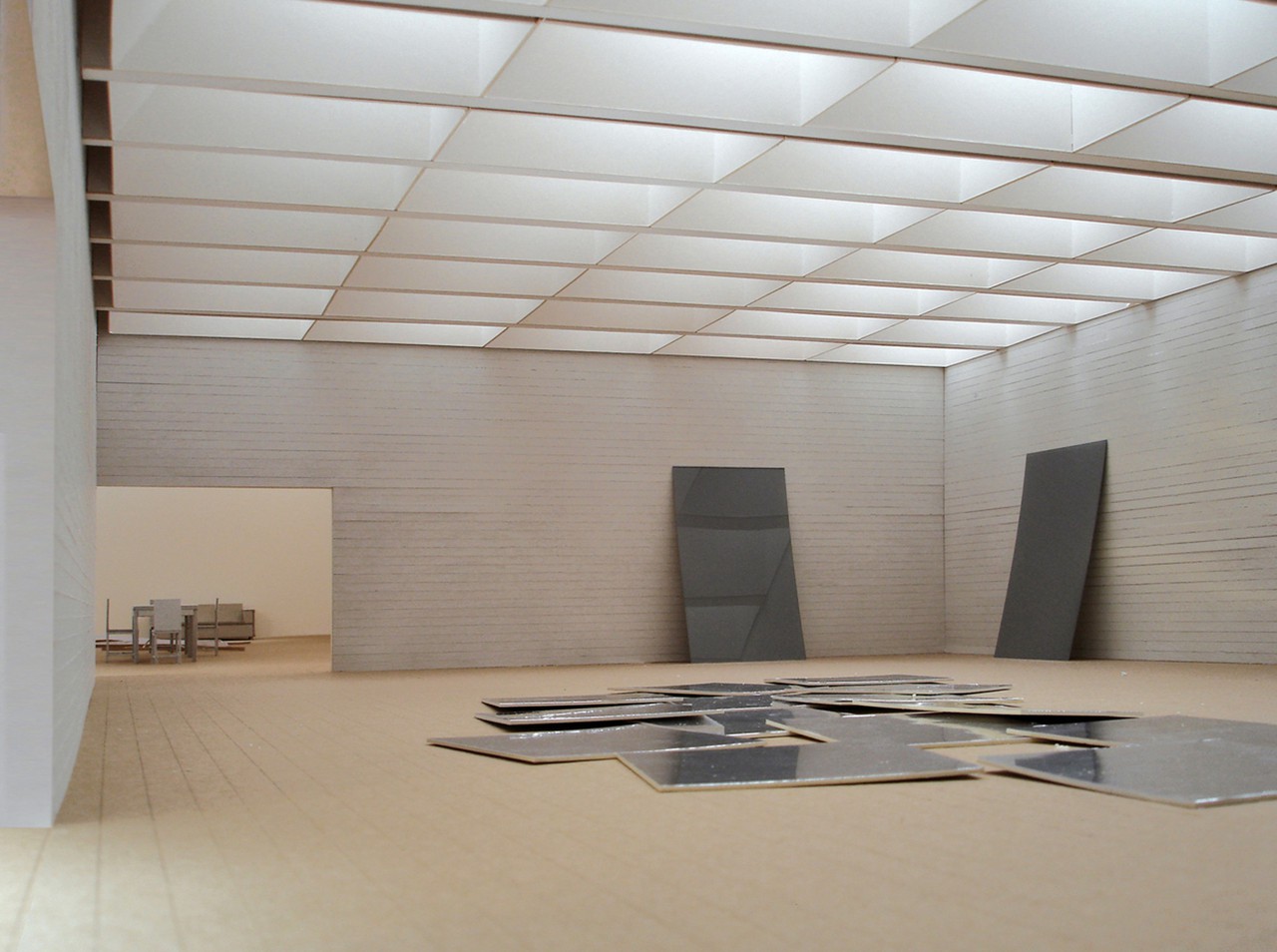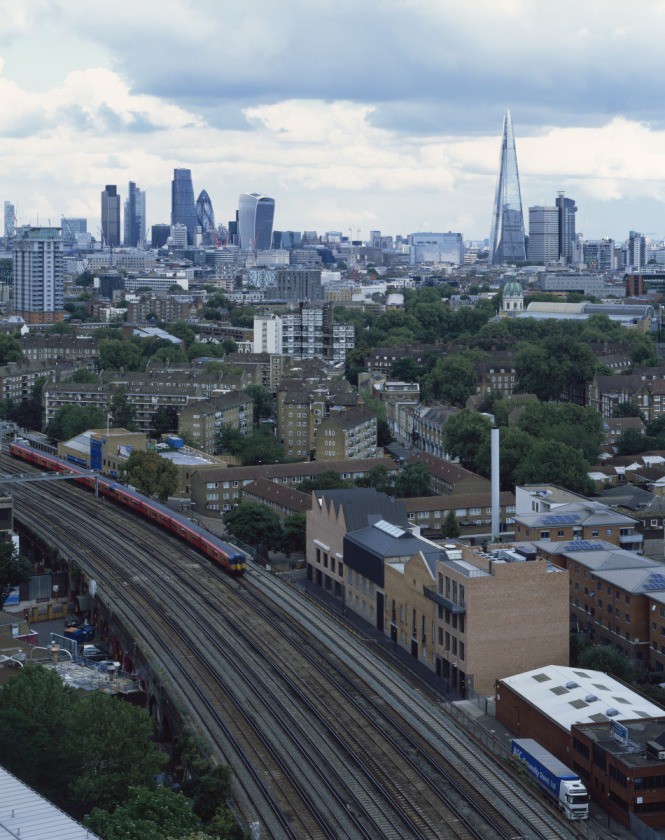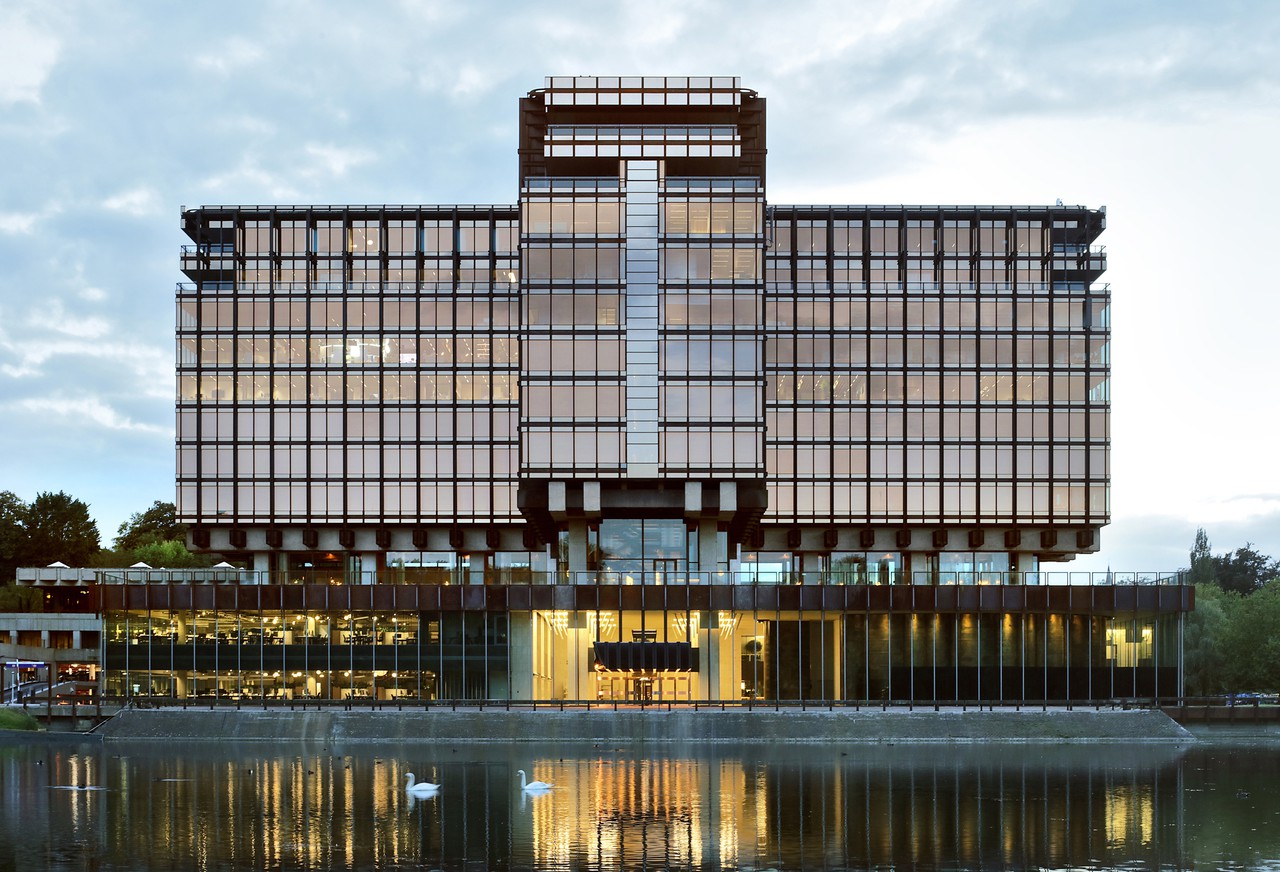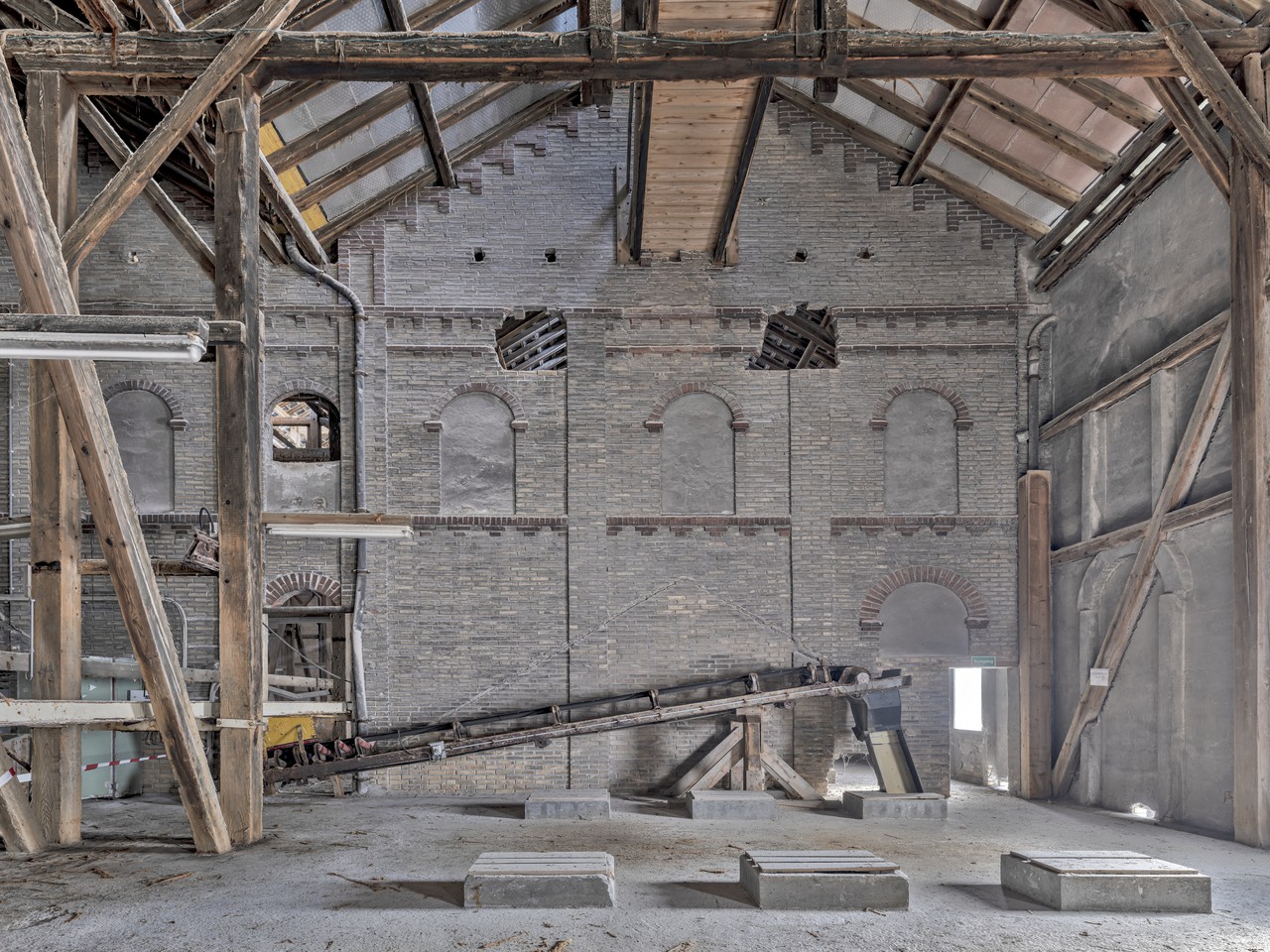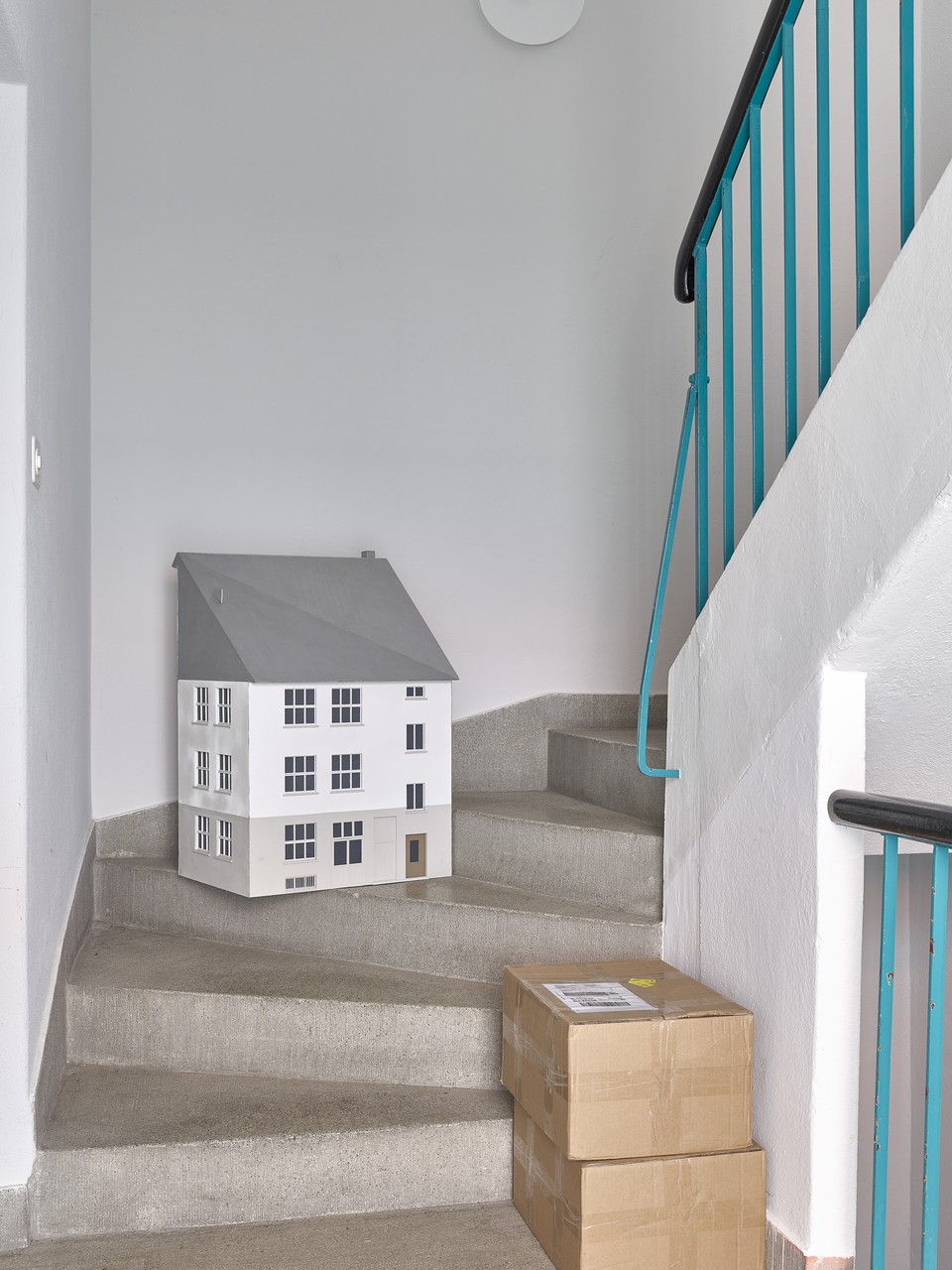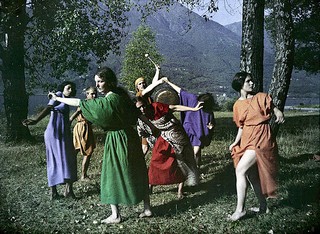
Students in studio Adam Caruso at ETH Zurich will spend their Spring semester investigating models for collective living.
'Charles Darwin’s On the Origin of the Species was based on its author’s observations of the natural world. Its emphasis on competition and on the evolutionary success of nature’s predators was also informed by Darwin’s experience of the competitive ravages of industrial England. The idea of a "social Darwinism" was used as justification by the 19th century industrial elite for the social damage that was inherent to the industrial economy. In the age of science, what was true for nature, they argued, was equally true for the political and the social. Critiques of the apparent determinism of Darwin’s theory emerged as soon as his book was published, and a particularly eloquent and comprehensive response, Mutual Aid – A Factor of Evolution was published by Peter Kropotkin at the end of the 19th century. Based on observations, and more pragmatic than ideological, the book describes how widespread and important, mutually beneficial cooperation and reciprocity are in both the animal kingdom and within the history of human societies.
This semester we will make detailed plans for living together. We will imagine ourselves freed from the false dogma of social Darwinism, in a place where essential tasks like caring for people, growing food and living in balance with our environment, are more important than non-essential activities like banking and academia. We will study models of mutual aid in the human, animal and vegetal worlds through references that are modest in size but that engage with matters of material, technique and society altogether, acknowledging that these are different facets of large and necessarily interconnected systems. Some of our references, like the Shaker community of Mount Lebanon are historic, some like the Chelsea Hotel are urban, others like Melliodora in Australia are ongoing experiments. Withdrawing from the centre, these settlements seek out the space and the time to make societies that could be more equitable, providing alternatives to the mainstreams of their time. With a range of principles and techniques, from forms of governance to methods of upcycling and spatial experimentation, we will work on a series of sites in and around Zurich, considering programme and material, human and animal inhabitation, allowing a complexity of subjects of equivalent importance to inform the development of the designs.'
Main image: Rudolf von Laban and his students, Monte Verità, 1914
Images below, from left to right: The Shakers, New Lebanon, founded in 1747, Chelsea Hotel, BBC Arena, 1981, Melliodora - Hepburn Permaculture Gardens, founded in 1985
Related news
Students in studio Adam Caruso at ETH Zurich will spend their Autumn semester working on a group of structures around Helvetiaplatz in Zurich. Through model-making and drawing students will engage with not only the adaptive reuse of existing buildings, but also how we can reframe the cultural value of them.
Adam Caruso is taking part in the Institut für Entwurf und Architektur One Building lecture series at ETH Zurich. His lecture, You cannot take risks without failing, will take place at the ONA building Fokushalle on 15th March, 18.00 hrs.
Students in studio Adam Caruso at ETH Zurich will spend their Spring semester exploring the protestant churches of Zurich; spiritual, social and spatial public resources that are underused in the city.
Students from Studio Adam Caruso at ETH Zurich present their final projects to a panel of guest critics including Oliver Lütjens, Tine Milz, Li Tavor, Matthias Winter.
Students from Studio Adam Caruso at ETH Zurich present their projects to a panel of guest critics including Marianna Charitonidou, Fredi Fischli and Niels Olson.
Students in studio Adam Caruso at ETH Zurich will spend their Autumn semester exploring the sensibility of the interim; looking to the long history in the built environment of improvising and adapting.
Teaching
ETH Zürich Final Review
The Pleasure in Small Things
ETH Zürich, ONA E30, Switzerland
16.12.2025
The Pleasure in Small Things: Final discussions and exhibition
On Tuesday 16th of December, the students from Studio Adam Caruso at ETH Zurich present their final projects to a panel of guest critics including Monster Chetwynd, Pierre Chèvremont, Tuukka Laurila and Nora Walter.
Adam Caruso will present a lecture on Art Spaces at Malmö Konsthall as part of the institution’s 50th anniversary celebrations.
Lecture
Reflections on Architecture:
Architecture in the UK
Faculty of Architecture and Design STU, Bratislava, Slovakia
3rd November 2025
Adam Caruso will give a lecture on the work of the practice at the FAD STU in Bratislava, as part of the Reflections on Architecture series, which this year focuses on the contemporary English architectural scene.
Peter St John will be the keynote speaker at the annual Solemn Opening Ceremony of the Order of Architects in Belgium. He will discuss Caruso St John’s work on transforming existing buildings in Europe.
Peter St John will be the keynote speaker at THFxDenkmalwerkstatt conference on the conservation management of Tempelhof Airport and will present examples of good practice in working with heritage and existing buildings.
In this lecture, Adam Caruso will ask whether architecture has the capacity to attend to wider forms of value, less obvious than financial ones, but with longer and more complex histories. Can an architectural project recall the social histories of a site, can it transform existing material and energy into something surprising and relevant. Can architecture once again provide a bridge between the physical and cultural qualities of contemporary society.
